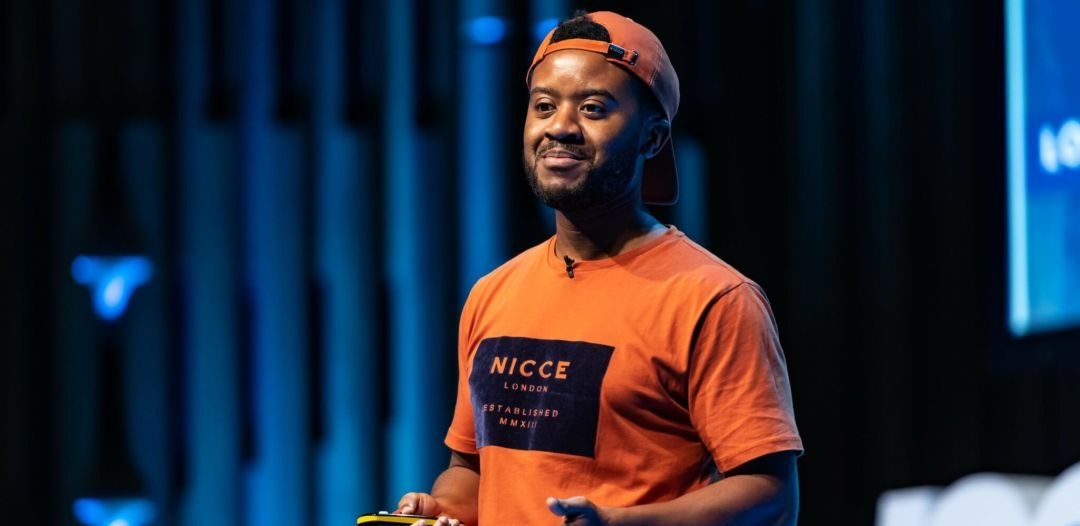Since retiring from Formula 1 in 2016, Nico Rosberg has been actively investing in startups, backing over 20 companies to date and allocating around 5% of his net worth to early-stage investments.
He is part of a trend of celebrities and sports stars moving into tech investing which started in the US but has now migrated over to Europe. This year has seen Harry Potter star Emma Watson backing Fabric Nano, a company making cell-free plastic alternatives, and pop star Cheryl making her first foray into angel investing by backing Feel Vitamins, a supplement subscription service.
Athletes have become some of the most active angel investors among the celebrity cohort — with footballers such as David Beckham and Gerard Piqué and tennis player Andy Murray discovering the access their status gets them to early-stage deals. Murray has made over 40 angel investments to date.
Many of these celebrities appear to be doing a good job as well. Rapper Snoop Dogg, for example, has become a seasoned investor, including backing Klarna in 2019, a company which this year hit a $45.6bn valuation.
Rosberg appears also to be doing a good job. Despite admitting to having “no idea about this world when I was driving”, his angel investing has already produced some impressive results, having backed four companies that went on to become unicorns, he tells Sifted.
The last time transportation underwent such a shift was in “going from horse to car
Those successes include German flying taxi startup Lilium, which listed on the Nasdaq earlier this year via a $3.3bn SPAC; US ride-sharing app Lyft; Tier, the electric scooter sharing service worth over $1bn; and electric vehicle charging infrastructure provider Chargepoint.
Rosberg says that through his motorsport career he had “easy access to the mobility champions of the future” and so mobility has become a theme for his portfolio.
He says he continues to see a huge opportunity for disruption in the sector, stating that the last time transportation underwent such a shift was in “going from horse to car”.
What else is he looking for now aside from mobility? He says that “sustainability, fighting climate change and protecting our future” are the big themes, which explains his more recent focus on startups with “potential for impact”.
Rosberg is an investor in the electric car racing series Formula E and, in order to deepen his involvement in the sustainability sector, Rosberg also cofounded the Greentech Festival which runs events in London and Berlin. Going beyond mobility he’s also actively looking for foodtech deals, not only for their impact potential but because they’re “relatable and can be shared with friends and family”.
Despite seemingly at odds with each other, Rosberg sees a lot of familiarity in his new world of sustainability startups from the old world of motor racing, most notably “the speed, the dedication, and the focus”. He even seems to have absorbed Silicon Valley’s love of failure, urging the founders in his portfolio to “appreciate failure within reason”.
He says that one of his companies with “billion-dollar potential”, a vegan seafood startup, had food that “tasted shit in the first taste” but he says is “now really good”.


